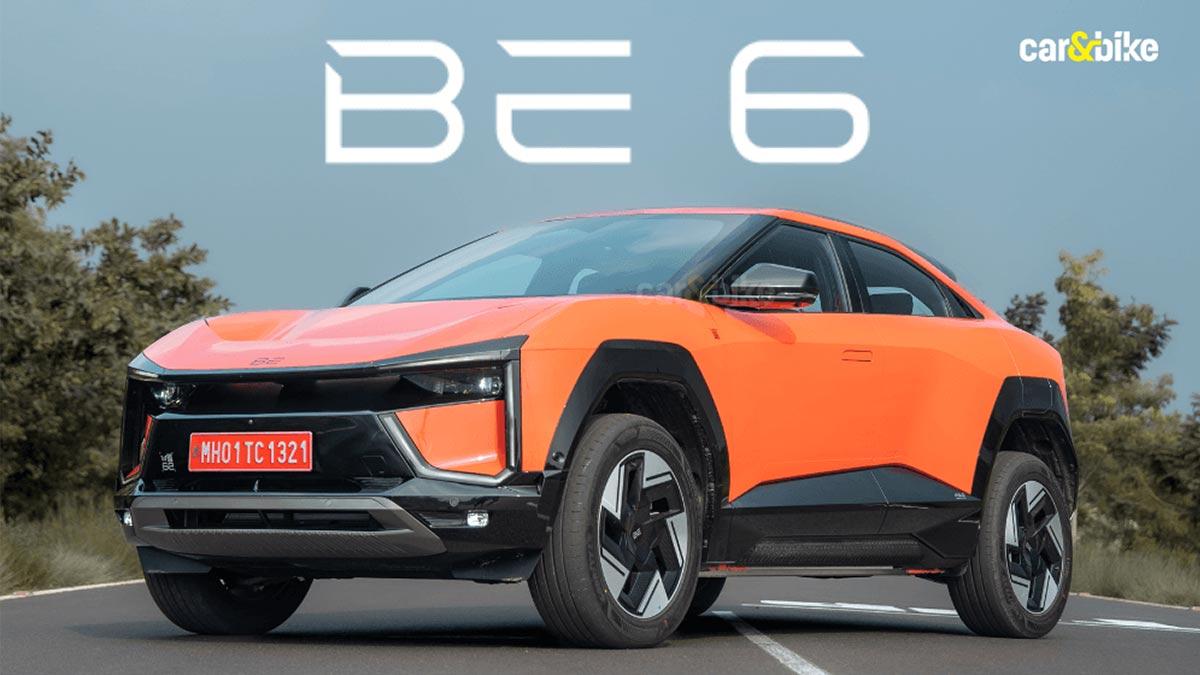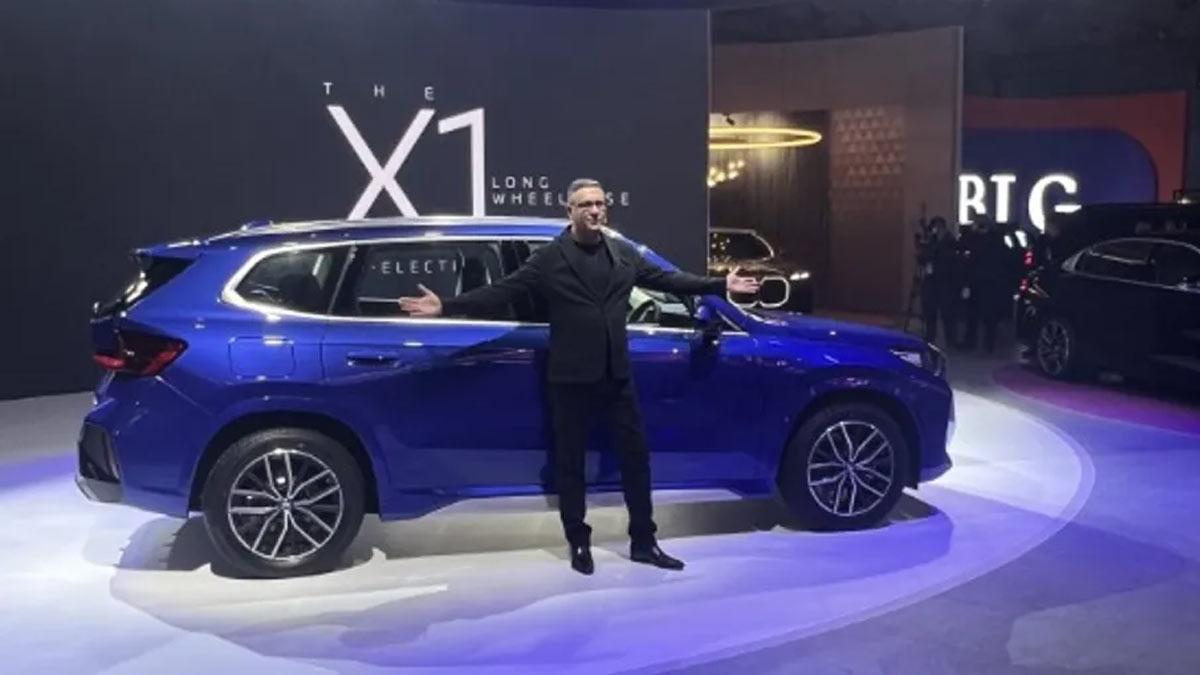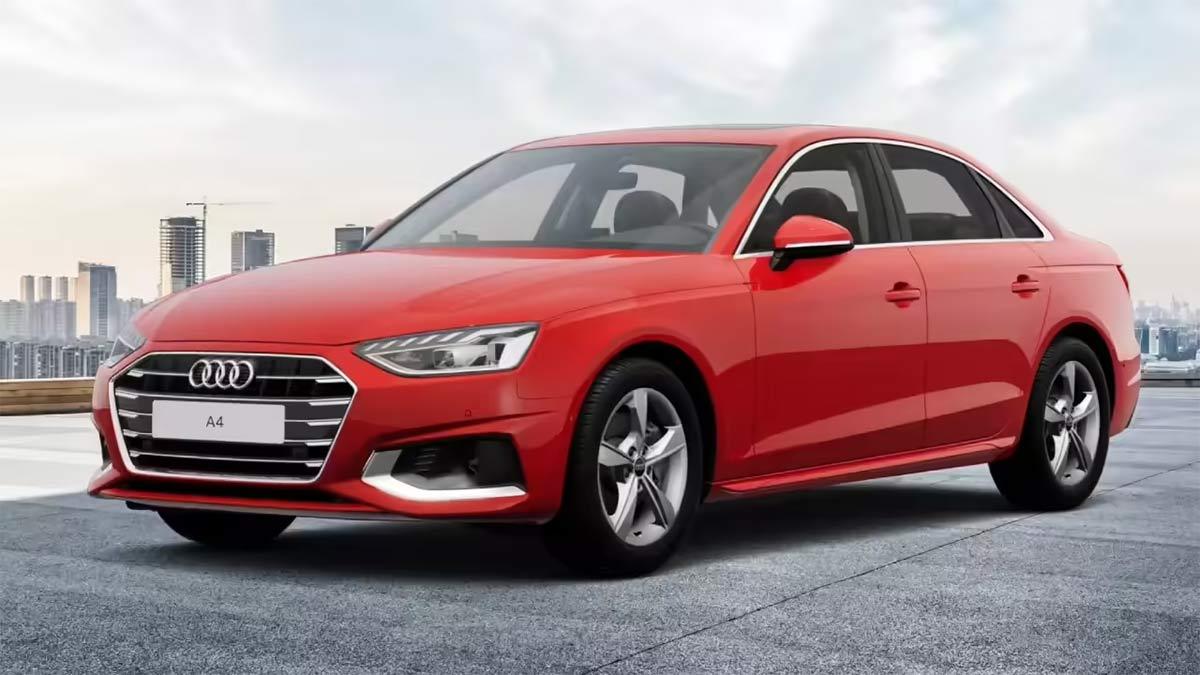The Indian government is to further prod higher EV production in the country and for greater localisation of supply chains, which would be the main factor that will help the country achieve its goal of 30 per cent penetration by 2030, a report on Wednesday stated.
"We estimate the Tata and JSW groups alone will invest over $30 billion in the coming decade to make EVs and EV materials, of which approximately $10 billion will be in South and Southeast Asia," the report by S&P Global (NYSE: SPGI) Ratings said.
India's vast market potential is attractive to substantial EV-related investment given that it's the world's most populous country. EV adoption in India will progress with model launches bringing prices more in line with ICE (NYSE:ICE) models, as well as improving charging infrastructure.
"We also believe hybrids and vehicles powered by compressed natural gas will command meaningful market share alongside EVs in the light-vehicle and passenger commercial vehicle segments," the report mentioned.
The government has recently introduced the Rs 10,900 crore spanning two years-PM Electric Drive Revolution in Innovative Vehicle Enhancement scheme. Under this PM E-DRIVE scheme, tremendous acceleration and critical charging infrastructure across the country will be found for a cleaner, sustainable future of electric vehicle growth.
More about a shift to alternative fuels and not pure electrification, at least for a first step, according to a report. "Government policies on imports and foreign investment will continue to play a crucial role in India's vehicle electrification," it stated.
The country has also grown to become a continually significant market for Korean entities Hyundai Motor Co. (HMC) and Kia; both rank as the country's second-largest carmaker, representing about 12 percent of the group's overall global sales volume in 2023.
Hyundai intends to continue its Indian investments, including the start of local EV production from next year. It's expected to launch its very first fully electric model off the production line within this country in January 2025.
The company had recently done an initial public offering in India and would use a part of the funds to further expand and develop its offerings in that market, according to the report.
We think Tata Motors (NS:TAMO) has enough room for its credit metrics to cover EV spending. In September 2024, the company said it would invest some $1 billion in investment into a new electric vehicle factory in the south Indian state of Tamil Nadu (NS:TNNP), the report said.
The parent entity of the company, Tata Sons Pte. Ltd., has also recently announced it will invest in a lithium-ion battery plant in northwestern state Gujarat, having an initial capacity of 20 gigawatt hours. The plant will spur further development of the EV supply chain in that region.
According to the report, rated carmakers will spend over $20 billion setting up electric vehicle (EV) production in South and Southeast Asia for the next few years.
Read also| India Overtakes China to Become the World's Largest Two-Wheeler Market


















